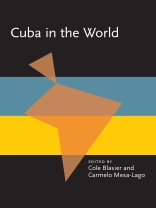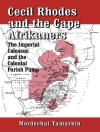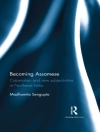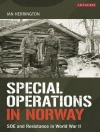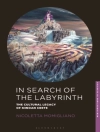Since the 1970s, Cuba has greatly expanded its participation in world affairs. What changes in its leadership, economy, and armed forces explain this increased participation? How do Cuban ties with Puerto Rico, Jamaica, Africa, Israel, and the socialist countries reveal Cuban purposes and affect U.S.-Cuban rapprochement? <i>Cuba in the World</i> addresses these and other important questions in the most comprehensive and authoritative review of Cuban foreign policies since the Revolution.
A propos de l’auteur
<b>Cole Blasier (Editor) </b><br> <b>Cole Blasier</b>, Professor of Political Science at the University of Pittsburgh, is author of <i>The Giant's Rival: The USSR and Latin America</i>. Blasier studied or taught at Universities in Chile, Colombia, and Mexico and served as a career foreign service officer in Belgrade, Bonn, Moscow, and Washington. Because of long first-hand experience in official Washington and Moscow and extensive residence in Latin America, Blasier is uniquely qualified to appraise this complex arena of conflict.<br><br><b>Carmelo Mesa-Lago (Editor) </b><br> <b>Carmelo Mesa-Lago</b> is distinguished service professor emeritus of economics and Latin American studies at the University of Pittsburgh. He has published about 90 books in seven languages in 39 countries and received many awards, including the ILO International Prize on Decent Work (shared with Nelson Mandela) for his work on social protection in the world.<br><br>
